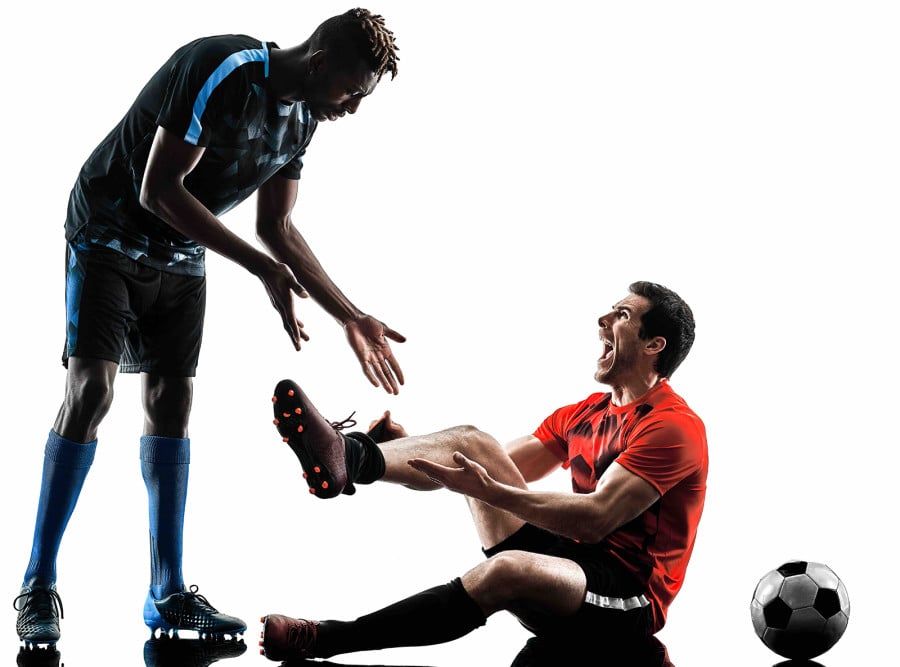What is an independent and duly constituted National Dispute Resolution Chamber in football?

In today’s world of professional football, the legal relationship between clubs and players is universally based upon contracts of employment. As with any commercial contract, such relationship may inevitably result in disputes between the parties. These disputes can range from matters of unfair dismissal, to breach of contract, failure to adhere to certain conditions or even the simple application of stipulated dispute resolution mechanism(s). In the global business of football, these disputes are principally resolved by alternative dispute resolution, via internal arbitral tribunals. In the past, stakeholders would have been compelled to litigate their disputes either internally or via the national court system, which has been found to be relatively slow and unpredictable.[1] To remedy this issue and ensure that sportspersons and bodies do not “wash their dirty sports linen in public”, but rather settle their disputes “within the family of sport”[2], there has been a major shift by litigants away from national court systems to alternative dispute resolution. In fact, FIFA as the global governing body for football, created its own dispute resolution chamber (FIFA DRC) and has also mandated the creation of equivalent national dispute resolution chambers at domestic level.
This article examines national dispute resolution chambers (NDRCs). It asks what constitutes an ‘independent and duly constituted’ arbitration panel in the eyes of FIFA. It also examines two interesting examples, one from South Africa (the author’s home) and one from Kenya that illustrate the problems NDRCs face in ensuring that their decisions are recognised by FIFA. Specifically, it looks at:
- The formation of FIFA DRC and NDRCs;
- Referring an employment-related dispute to FIFA;
- What constitutes an independent and duly constituted NDRC and how does FIFA evaluate it?
- Examples of FIFA refusing to recognise the competence of an NDRC
- Kenya’s Sports Dispute Resolution Tribunal
- South Africa’s National Soccer League Dispute Resolution Chamber
- Analysis and commentary
To continue reading or watching login or register here
Already a member? Sign in
Get access to all of the expert analysis and commentary at LawInSport including articles, webinars, conference videos and podcast transcripts. Find out more here.
- Tags: Africa | Dispute Resolution | Employment | FIFA | FIFA DRC | FIFA RSTP | Football | Football Kenya Federation | Kenya | Regulation | South Africa | South Africa Football Association
Related Articles
- A guide to the US models for Major League Soccer and United Soccer League
- A full review of Man City v UEFA CAS Award – why this is not the end of FFP
- The curious case of Wigan Athletic and the English Football League’s owners & directors test
- A sleeping giant: insights into Nigeria’s emerging esports industry




